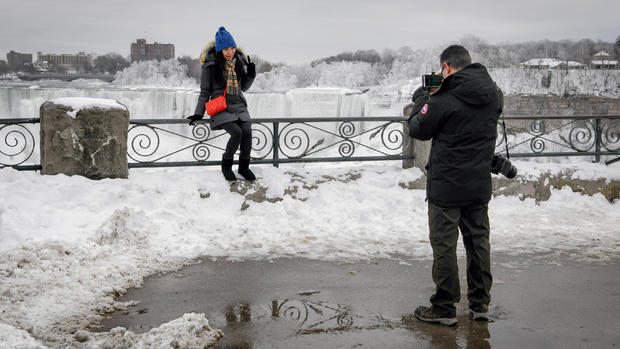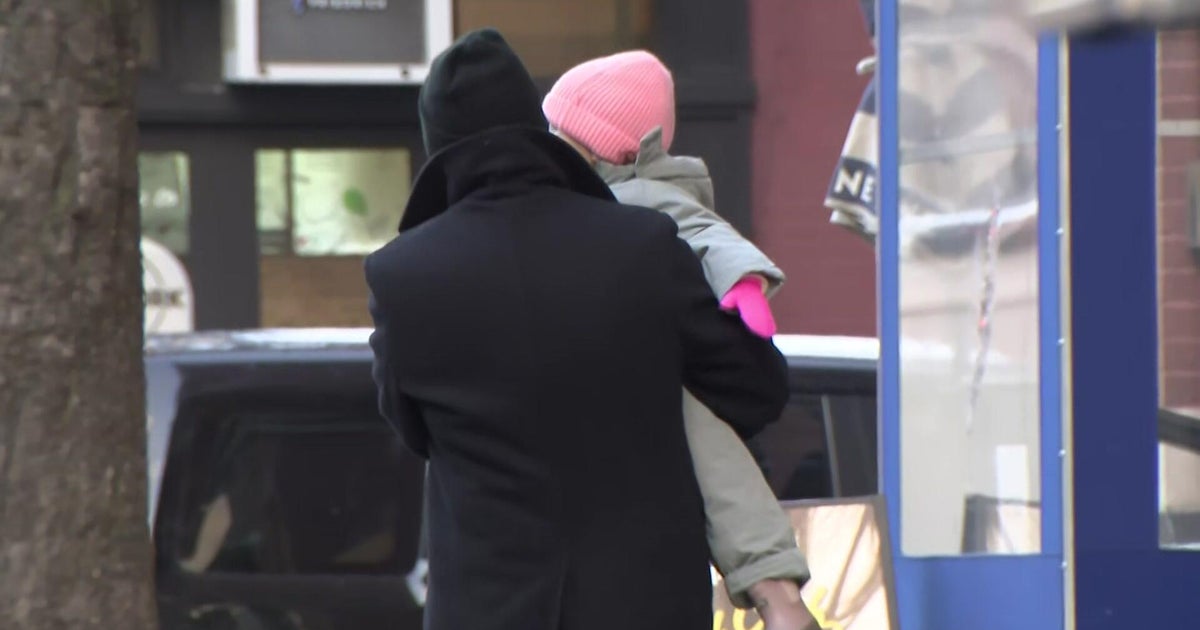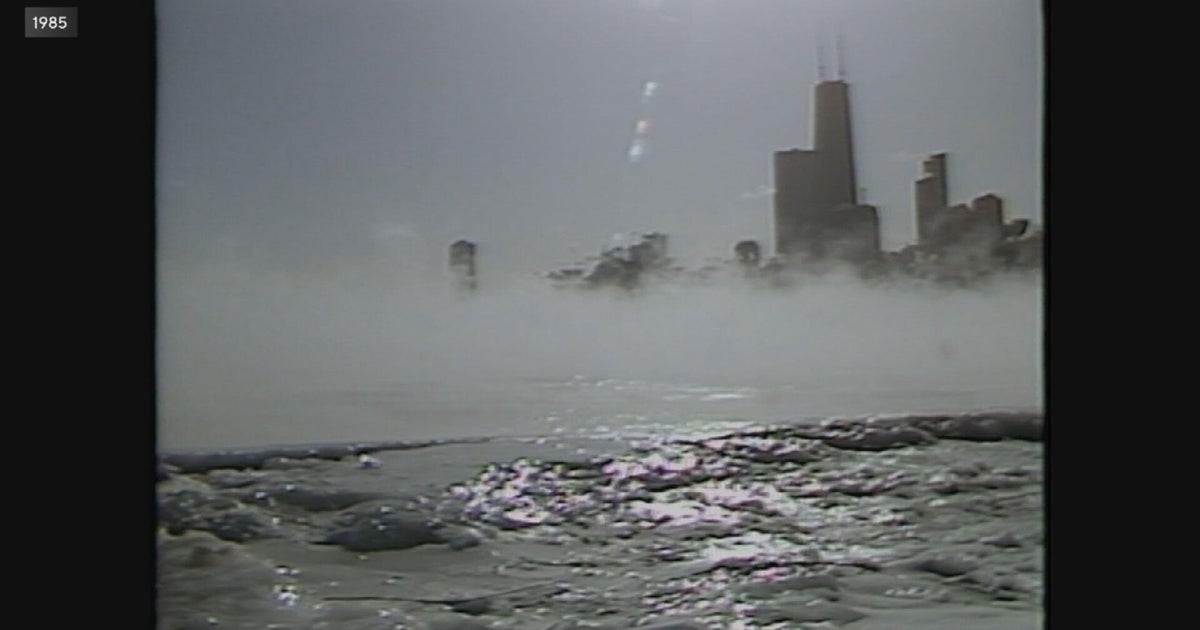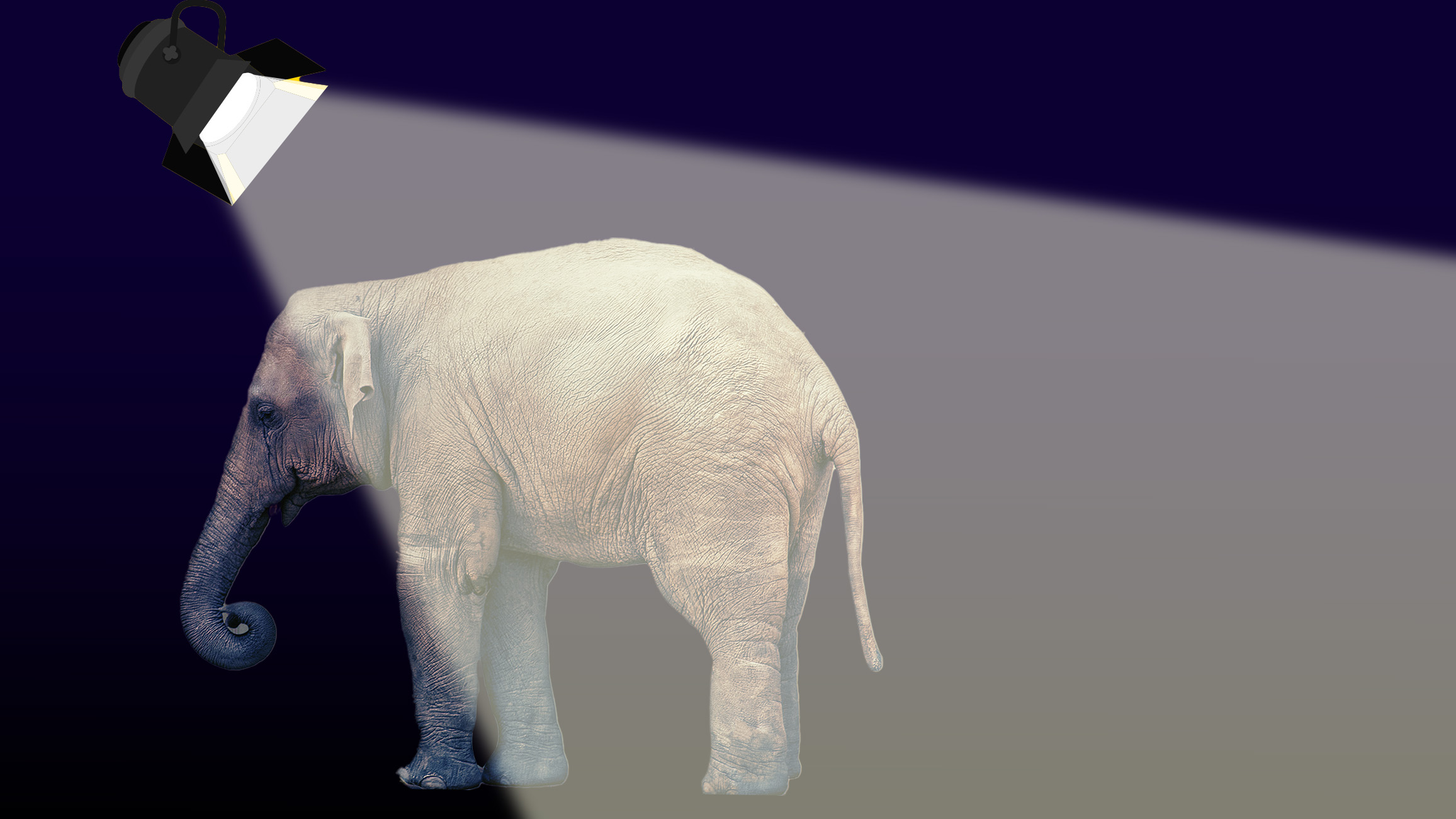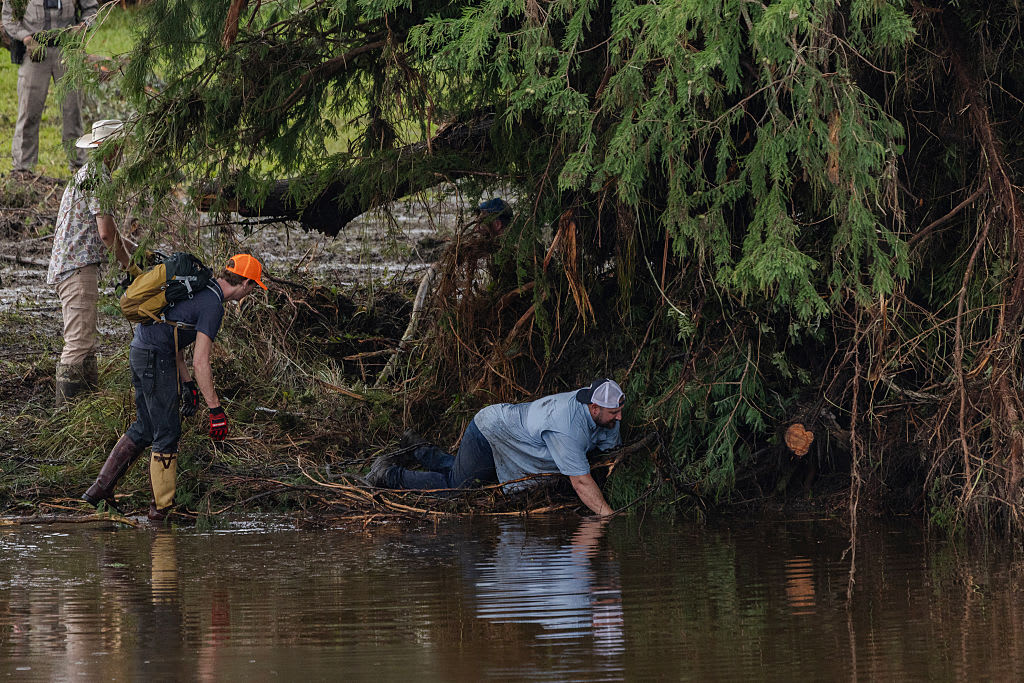What are "frost quakes"? The polar vortex could be causing them
A deadly polar vortex swept through the Midwest and Northeast this week, bringing with it frigid temperatures that plunged below zero. As millions of people bundled up, some were perplexed by loud booms or cracking sounds.
In Chicago, where temperatures dropped to record lows, some reported hearing the noises. Turns out they could be a weather-related phenomenon known as cryoseisms — or "frost/ice quakes." When saturated soil or water quickly freezes underground — as it did during the polar vortex — it expands. The mass eventually breaks, creating a loud booming sound, if the surrounding area can't support it.
"A 'frost quake' can be visually compared to putting a bottle of water in the freezer. When liquid water freezes, becoming ice, it expands," CBS News climate and weather contributor Jeff Berardelli said. "If that happens fast enough, it can pop the bottle."
"Frost quakes" are not earthquakes as we know them, since no tectonic shifts are actually happening. They are rare, but occur naturally.
CBS Chicago points out the loud sounds could also be made by metal or wood inside a home as it expands and contracts from the cold.
"It sounded like a big piece of furniture fell over ... and I'm thinking: what did the cats knock over that was that big and that loud?" Pennsylvania resident Michelle Tebbetts told CBS affiliate WHP-TV on Tuesday. She was home crocheting when she noticed the bang.
The possible "frost quakes" are likely to be a thing of the past as temperatures begin to climb in the Midwest heading into the weekend.

